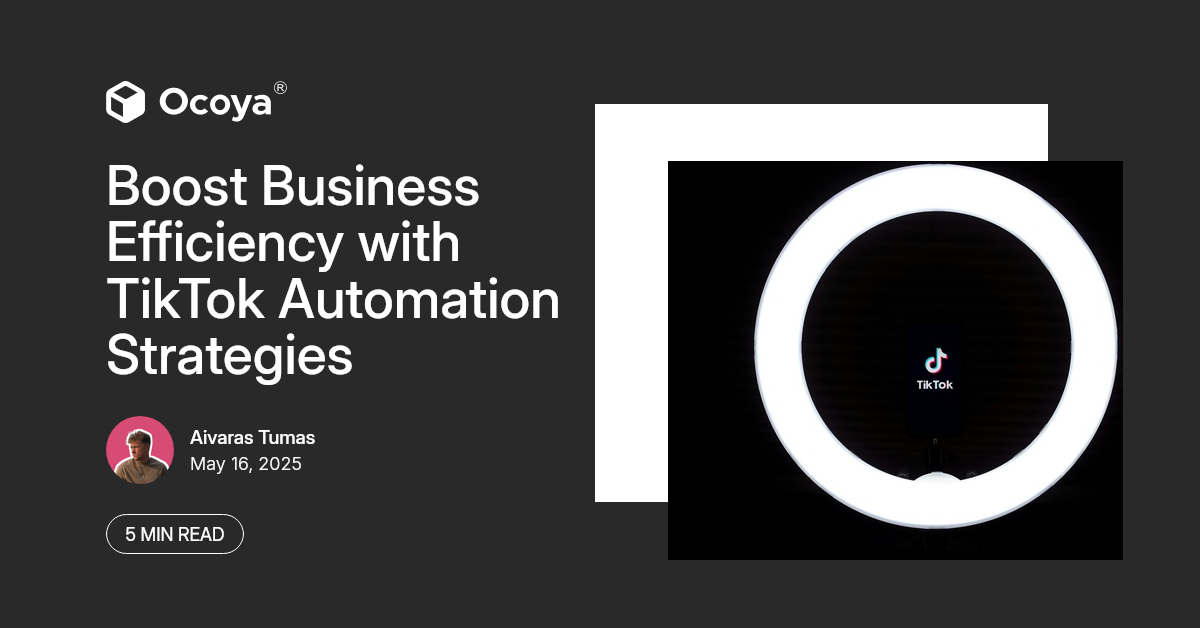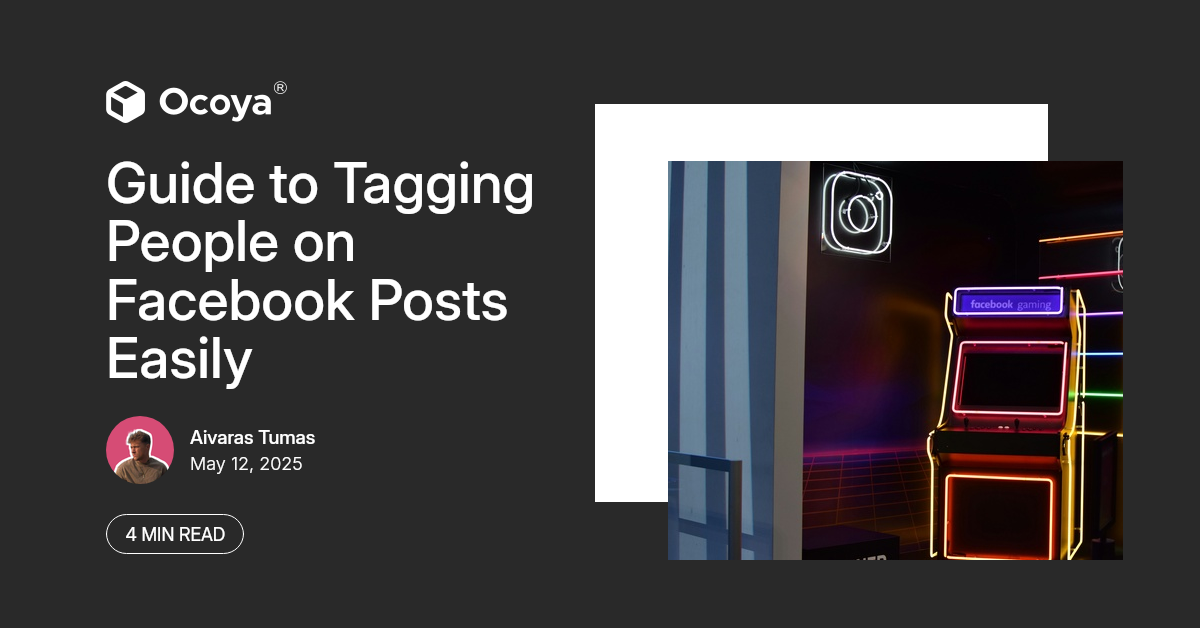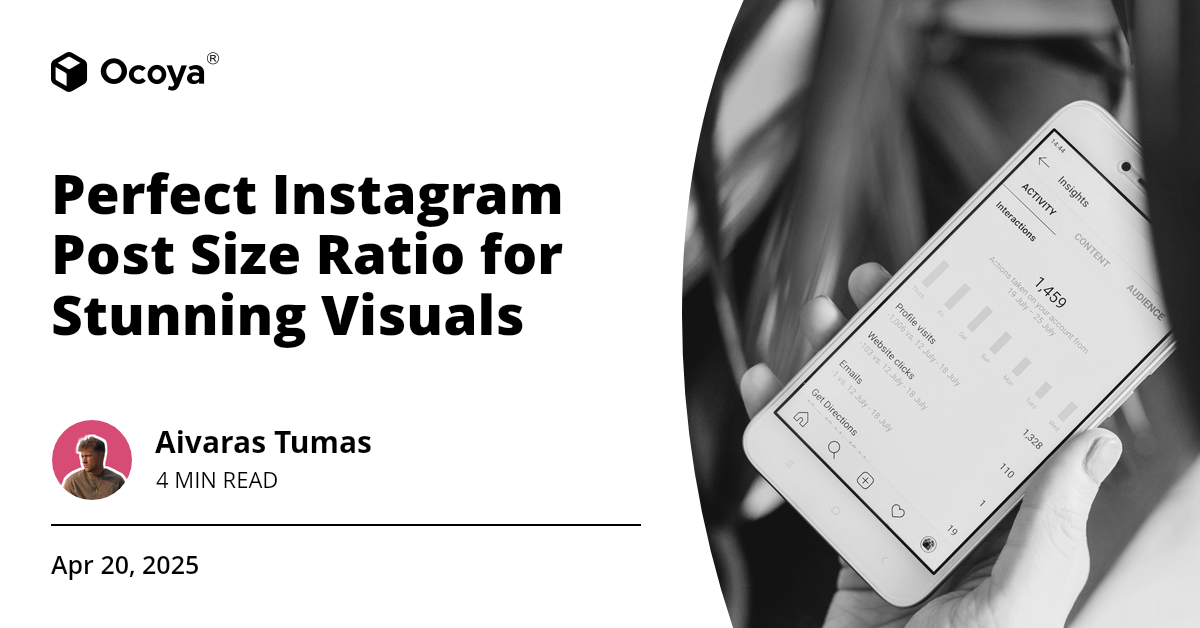Facebook is a platform that offers various opportunities for businesses, influencers, and community leaders to connect with their audiences in unique and meaningful ways. Among the most powerful tools available on Facebook are Facebook Pages and Facebook Groups. Both have their distinct advantages and can significantly impact your social media strategy. However, to effectively leverage them, it’s essential to understand the pros and cons of Facebook Page vs. Group.
Understanding the key differences between Facebook Pages and Groups will empower you to make informed decisions based on your specific goals and objectives. Whether you aim to build brand awareness, foster community engagement, or drive sales, knowing when and how to use Facebook Pages and Groups can greatly enhance your social media marketing efforts.
Understanding Facebook Pages
Facebook Pages are essentially public profiles specifically created for businesses, brands, celebrities, organizations, and other entities. They are designed to help entities share information, updates, and content with a larger audience. Pages can be followed or liked by anyone on Facebook, and they come with various features that are tailored for professional use.
One of the main advantages of a Facebook Page is its visibility. Unlike Groups, which can be private, Pages are public by default, meaning anyone can view and follow them without any restrictions. This makes them particularly useful for businesses and public figures looking to reach a wide audience.
Advantages of Facebook Pages
One of the significant benefits of using a Facebook Page is its ability to reach a vast audience. Pages are designed to be public, making them accessible to anyone on Facebook. This wide visibility can significantly enhance brand awareness and attract new followers. Additionally, Pages offer a professional setting with built-in features such as call-to-action buttons, business information sections, and the ability to run ads. These elements allow for a streamlined and effective way to promote products, services, or content.
Another advantage of Facebook Pages is the powerful analytics tools they provide. Facebook Insights offer in-depth data on page performance, audience demographics, post engagement, and more. This invaluable information can help you tailor your content strategy to better meet the needs and preferences of your audience, ultimately driving more engagement and achieving your business goals.
Moreover, Facebook Pages have an extensive ad targeting system. With Facebook Ads, you can create highly customized campaigns to target specific demographics, interests, and behaviors. This precision ensures that your content reaches the most relevant audience, maximizing the return on your advertising investment.
Drawbacks of Facebook Pages
Despite their many advantages, Facebook Pages do come with some challenges. One of the primary cons of a Facebook Page is the declining organic reach. Over the years, Facebook's algorithm changes have resulted in decreased visibility for organic posts from Pages, making it harder for businesses to reach their audience without investing in paid advertising.
Additionally, managing a Facebook Page can be time-consuming. Consistently creating engaging content, monitoring comments, and responding to messages requires significant effort and resources. For small businesses or individuals with limited time and manpower, maintaining an active and effective Page may be challenging.
Exploring Facebook Groups
Facebook Groups, on the other hand, are designed to facilitate community-building and interaction among members. Groups can be public, private, or secret, giving admins control over who can join and view the content. They are ideal for fostering discussions, sharing knowledge, and creating a sense of belonging among members with shared interests or goals.
One of the defining characteristics of Facebook Groups is their emphasis on interaction and engagement. Members can post content, ask questions, and discuss topics, creating a dynamic and collaborative environment. This interactive nature makes Groups particularly effective for building strong communities and fostering meaningful relationships.
Advantages of Facebook Groups
One of the biggest advantages of Facebook Groups is the high level of engagement they can achieve. Unlike Pages, where interaction is often one-sided, Groups encourage two-way communication and active participation from members. This creates a sense of community and loyalty, making Groups a powerful tool for fostering long-term relationships with your audience.
Groups also offer a more organic reach compared to Pages. Posts in Groups are more likely to show up in members' newsfeeds, increasing the visibility of your content without the need for paid promotion. Additionally, the discussions and interactions within Groups can lead to valuable insights and feedback, helping you better understand the needs and preferences of your audience.
Another advantage of Facebook Groups is the sense of exclusivity they can provide. By creating a private or secret Group, you can curate a more targeted and engaged community. This exclusivity can create a sense of belonging and trust among members, enhancing their loyalty and engagement.
Drawbacks of Facebook Groups
However, Facebook Groups are not without their drawbacks. One of the main challenges of managing a Group is the potential for spam and irrelevant content. Without proper moderation, Groups can quickly become overwhelmed with off-topic posts, detracting from the quality of the community. Consistent moderation and clear guidelines are essential to maintaining a valuable and respectful Group environment.
Additionally, Groups lack the professional features and analytics tools available on Pages. While they are excellent for fostering community engagement, they may not be as effective for promoting products or services. The absence of call-to-action buttons, business information sections, and ad targeting options can limit the ability to drive sales directly through the Group.
Choosing Between a Facebook Page and Group
When deciding between a Facebook Page and Group, it is essential to consider your specific goals and objectives. Both tools have their unique strengths and can be valuable in different contexts.
If your primary goal is to increase brand awareness and reach a wider audience, a Facebook Page may be the better option. Pages offer a professional and public platform to showcase your brand, products, or services. The built-in features and analytics tools can help you create targeted campaigns and measure their effectiveness.
On the other hand, if your goal is to build a strong, engaged community around a shared interest or goal, a Facebook Group may be more suitable. Groups provide a more interactive and collaborative environment, fostering meaningful relationships and discussions. The sense of exclusivity and belonging can create a loyal and engaged community.
How to Maximize the Benefits of Both
For many businesses and organizations, the optimal strategy may involve leveraging both a Facebook Page and Group. By using them in tandem, you can maximize the benefits of each and create a more comprehensive social media presence.
A Facebook Page can serve as the public face of your brand, attracting new followers and showcasing your products or services. Meanwhile, a Facebook Group can provide a more intimate and interactive space for your most engaged audience. By directing followers from your Page to your Group, you can foster deeper relationships and encourage more meaningful interactions.
For example, you can use your Facebook Page to announce new products, share updates, and run ads. At the same time, you can use your Group to gather feedback, host discussions, and provide exclusive content to your most loyal followers. This multi-faceted approach can help you build a strong and engaged community while still reaching a broad audience.
Tools to Streamline Your Social Media Strategy
Managing both a Facebook Page and Group can be challenging, but there are tools available to streamline the process. One such tool is Ocoya, a comprehensive platform designed to enhance your social media marketing efforts with the power of AI.
Ocoya offers automated content creation, allowing you to generate engaging posts effortlessly. Its scheduling feature lets you plan and publish your content across multiple social media platforms, ensuring that your posts reach the right audience at the optimal time. Additionally, Ocoya provides detailed analytics to track your performance and make data-driven decisions.
By leveraging tools like Ocoya, you can efficiently manage your Facebook Page and Group, saving time and resources while maximizing your social media impact. Sign up for a free trial today and experience the benefits of a streamlined and effective social media strategy.
Key Takeaways
Facebook Pages offer wide visibility, professional features, and powerful analytics tools, but may require paid advertising to maintain reach.
Facebook Groups encourage high levels of engagement and community building but require consistent moderation to maintain quality.
Choosing between a Page and Group depends on your specific goals and objectives. Consider leveraging both for a comprehensive social media strategy.
Tools like Ocoya can streamline your social media efforts, making it easier to manage both a Facebook Page and Group effectively.










































































































.png)